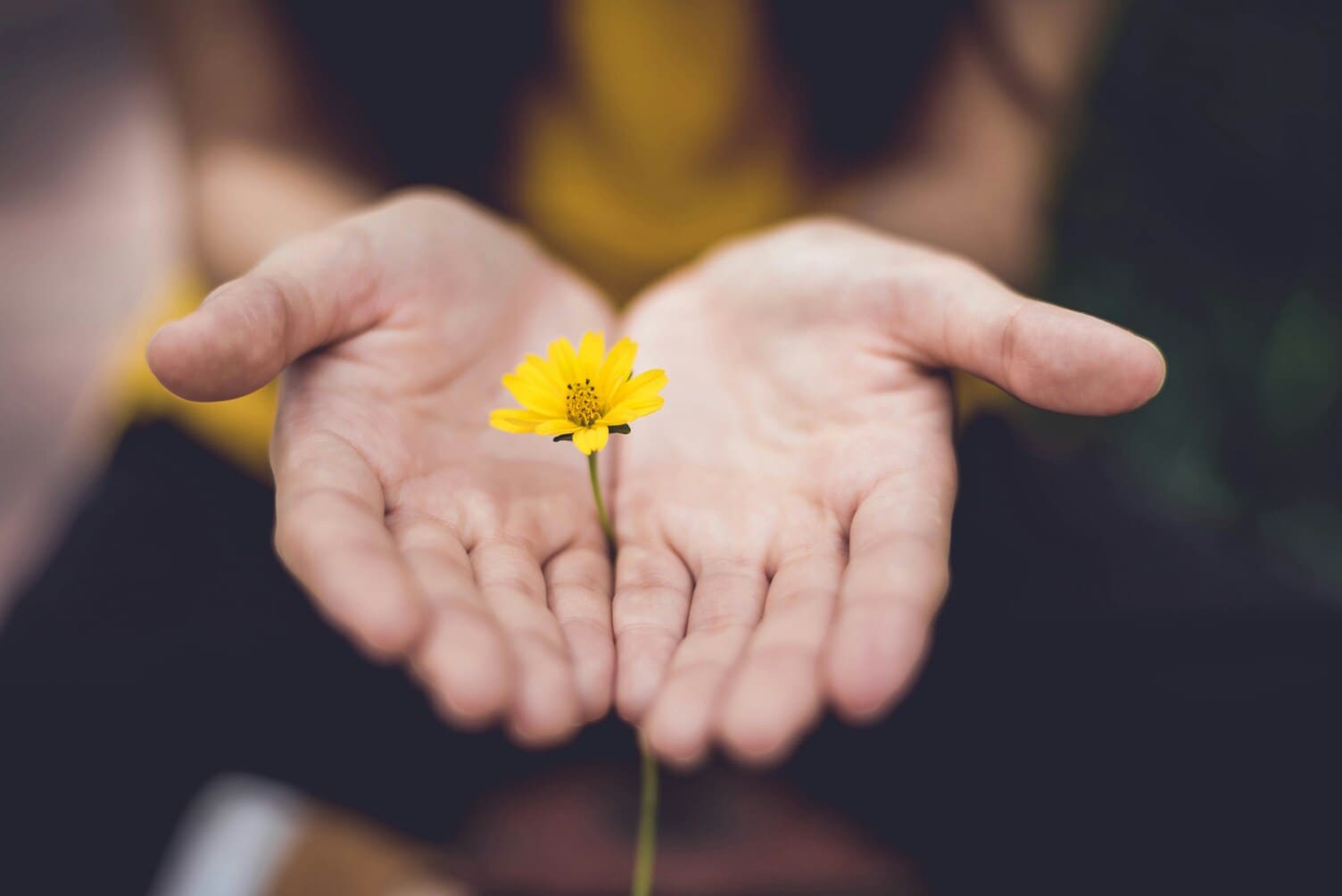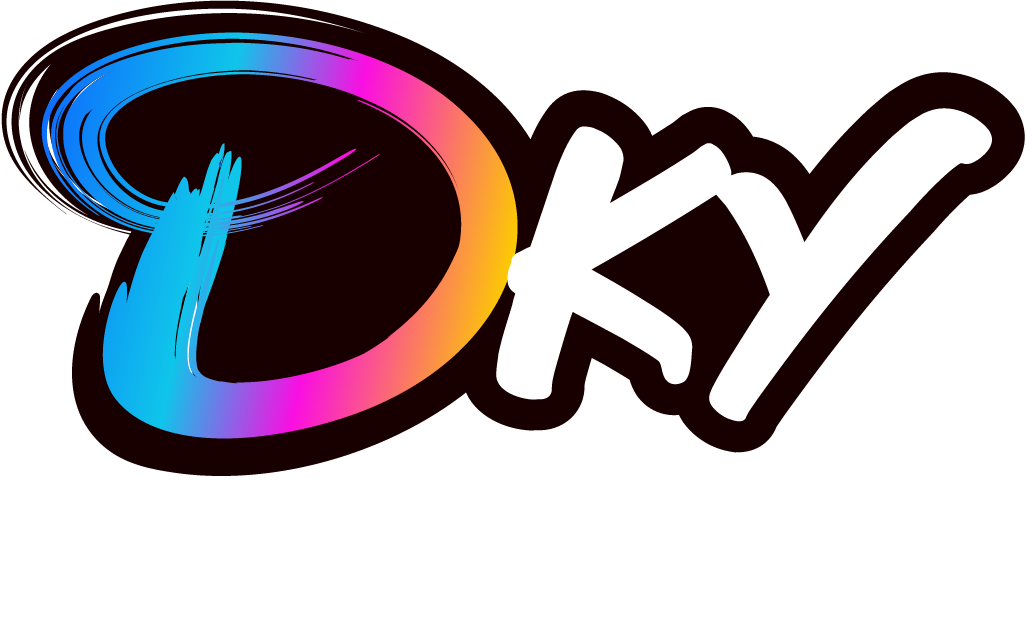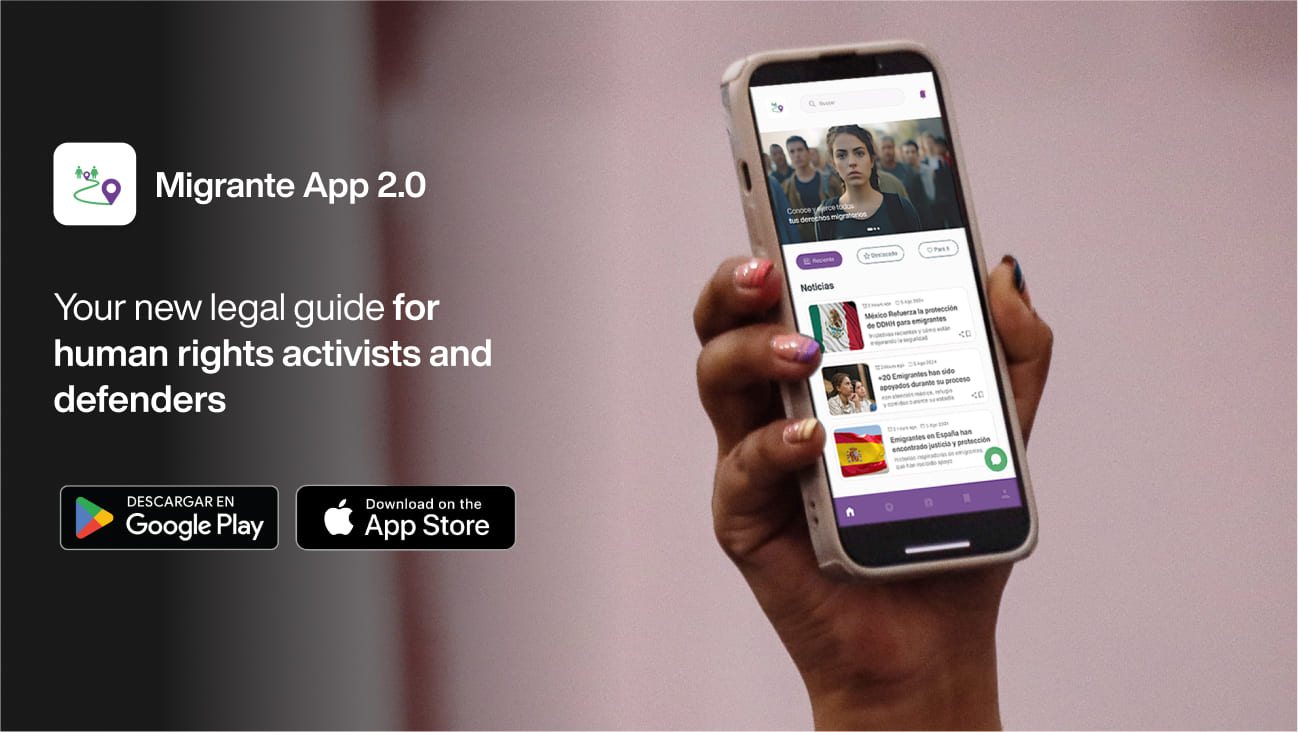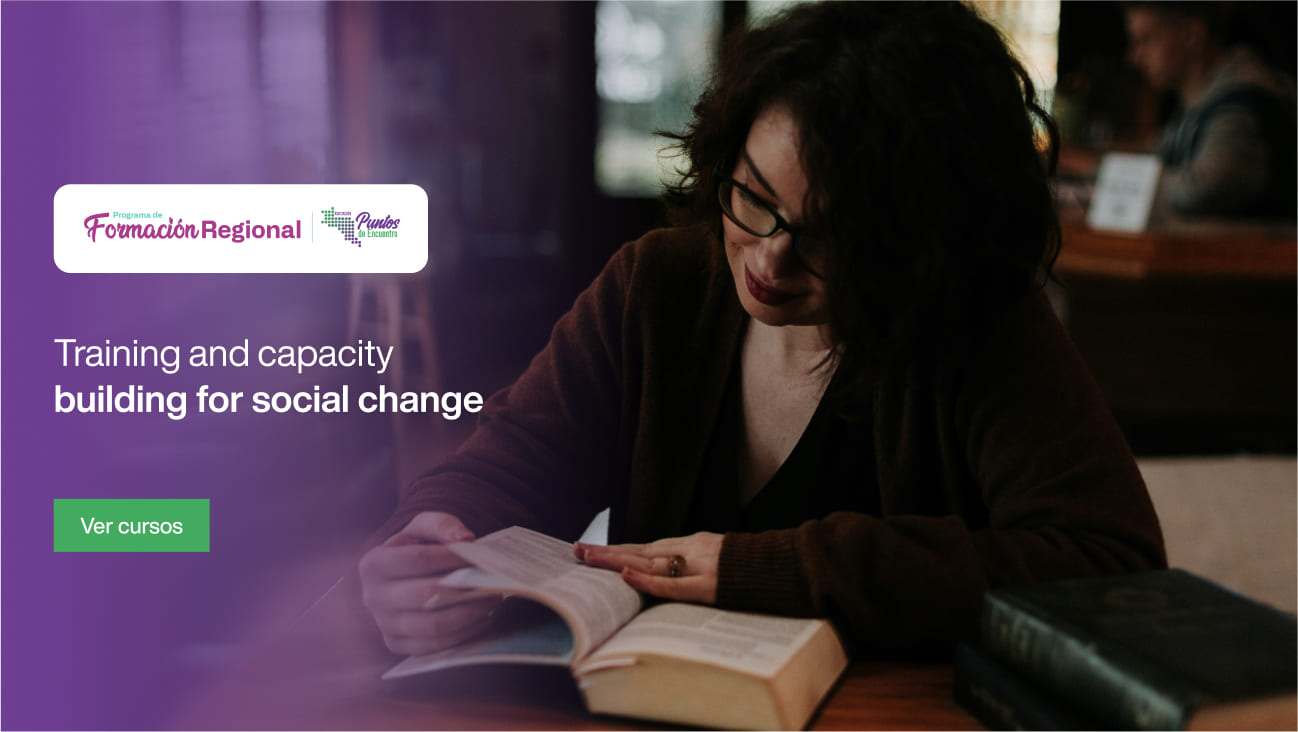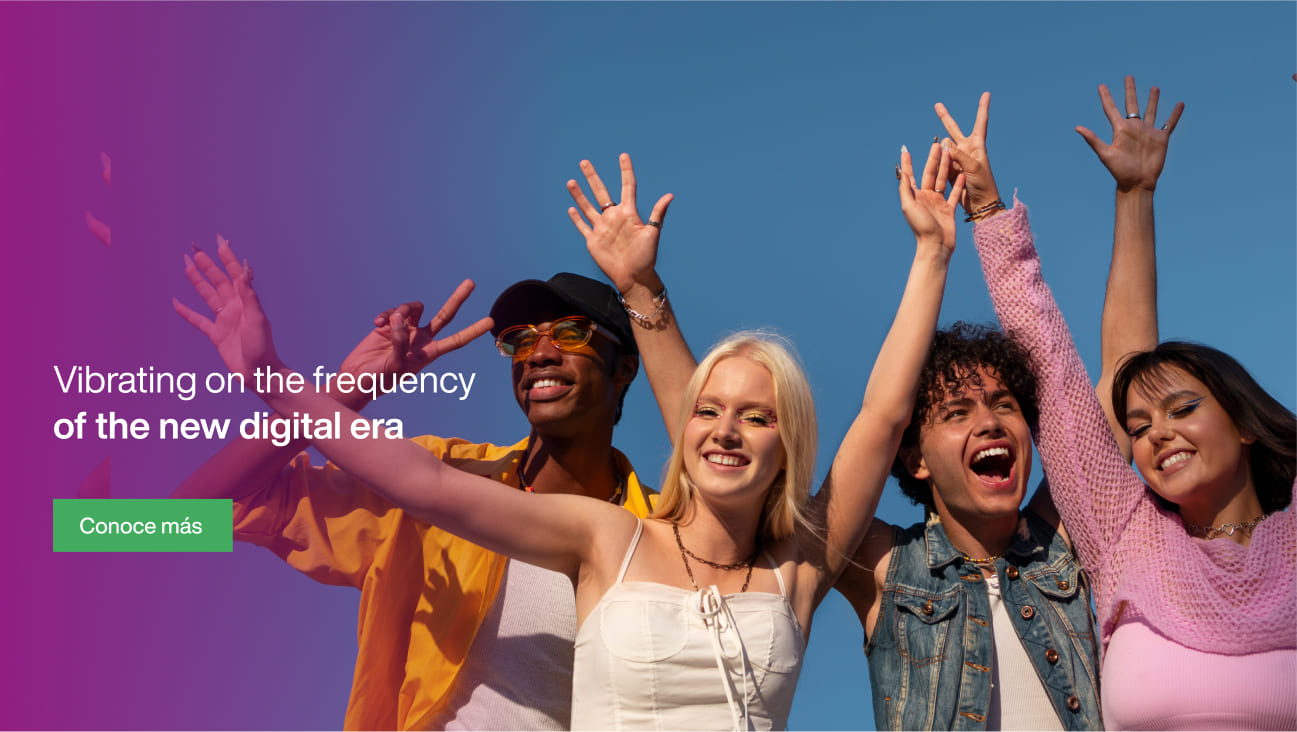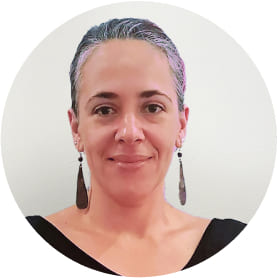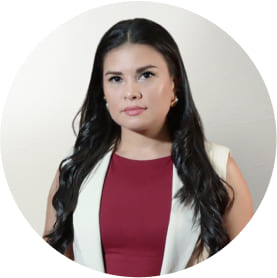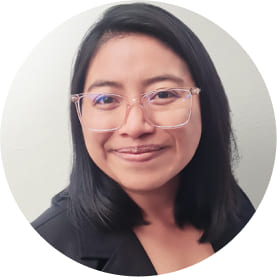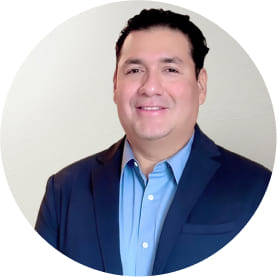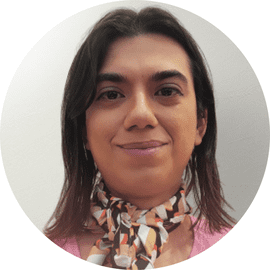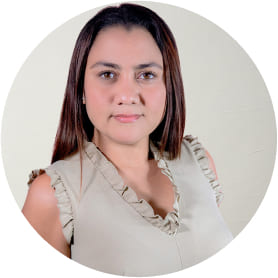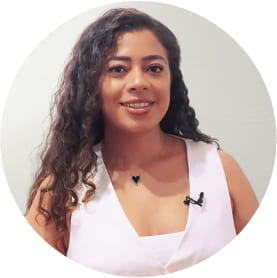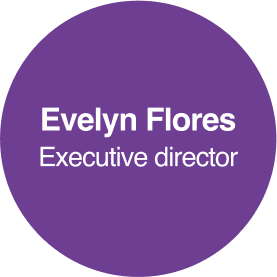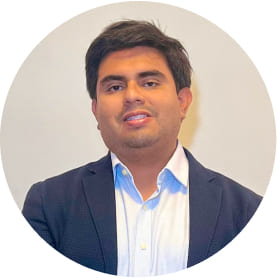Our history
The Costa Rica-based organization Puntos de Encuentro began operating in 2021, following in the footsteps of the Nicaragua-based Fundación Puntos de Encuentro, which worked throughout the Central American region between 1991 and 2022.
The new Puntos is based on the same founding principles and conceptual framework as the Foundation, always evolving, adapting and innovating as contexts shift and change.
Check out some of Fundación Puntos de Encuentro’s most renowned programs (1991-2022).
Puntos’ guiding principles
All our work is grounded in the following concepts.

Transform unequal power relations
To achieve the kind of society we want, aspirations are not enough because the deep-seated unequal power relations that maintain authoritarianism, violence, discrimination and exclusion don’t change on their own; people have to work to change them.

At home, in bed and on the street
Achieving attitudes and practices based on values grounded in democracy, equity and mutual respect at home, in bed and on the street, requires change on many fronts: in individuals and in interpersonal and family relationships, in social norms and popular culture, at the community level, in organizations and institutions, and in policies and the political culture.

Change starts with the people who work for it
We work with the people who are promoting progressive social change: activists and leaders working in their communities, organizations, institutions, media, and in social movements, people who are working for the rights of women of all ages, LGBTIQ+ folks, and the Central American migrant community.

Collective action is key
Even when individuals are the driving force for these changes, change isn’t achieved through individual effort alone. It requires not only collective and community actions, but also groups and organizations coming together in social movements to demand and build the world they want to live in.
Puntos’ contribution to social change
The following cross-cutting themes and approaches are present in all our work.
What we do and how we do it
We work at the local and regional level with activists and leaders, as well as with their organizations and movements, combining four types of interrelated and complementary processes:
- Training and capacity strengthening.
- Communication for social change.
- Alliance-building and coordination.
- Research, learning, and innovation.
These different kinds of processes give us the ability to approach the topics and issues we’re working on from different angles and in different ways for different kinds of participants, while at the same time mutually reinforcing each other.
We work with participants both in-person and virtually. We do face-to-face work in Nicaragua, Guatemala, El Salvador, Honduras and Costa Rica. We do a lot of regional work virtually, which includes participants from other countries as well.
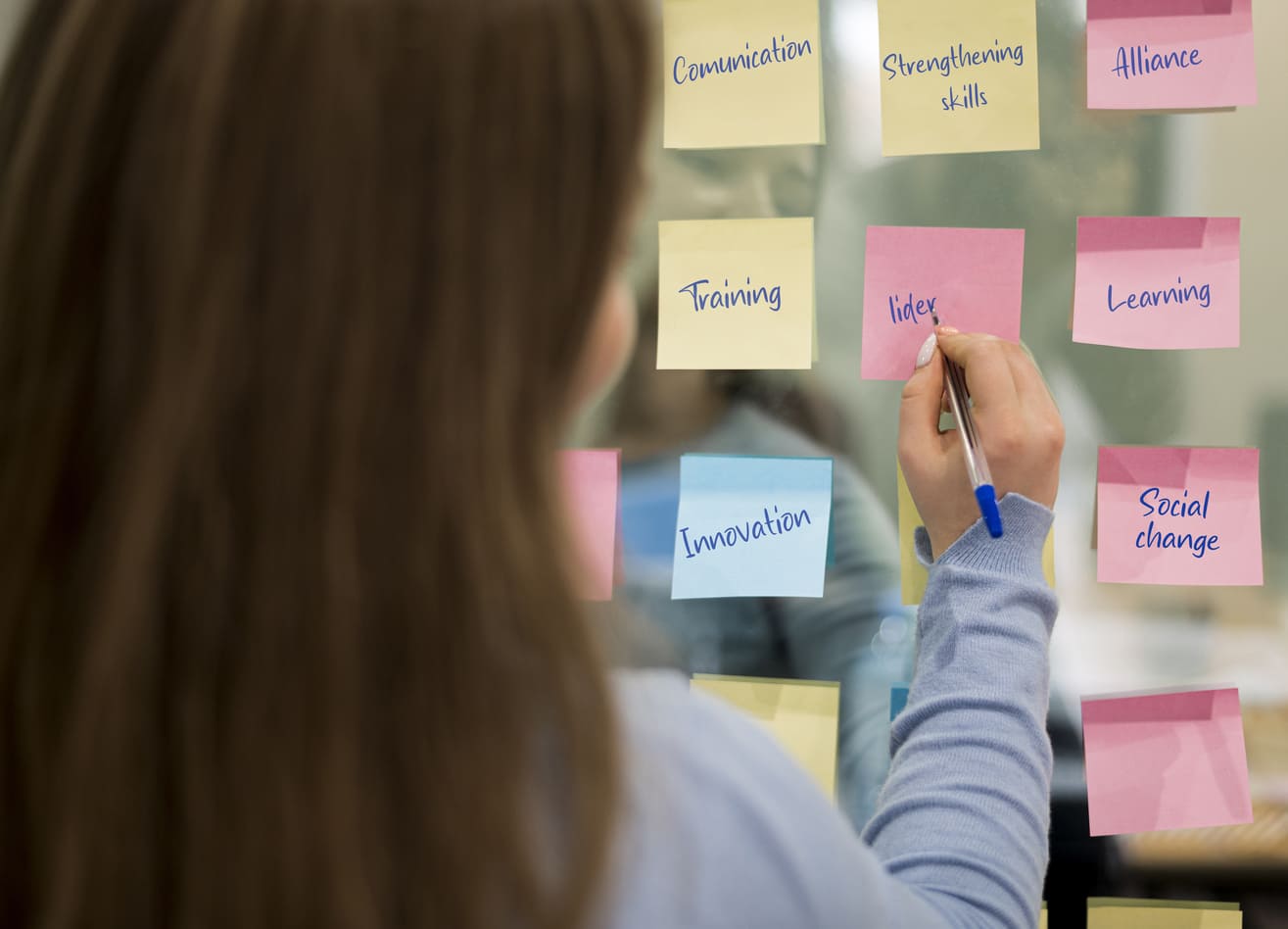

Our training processes and courses focus on topics, methodologies and approaches to facilitate the strengthening of organizations and social movements.
Our goal is for participants –activists and leaders in their own right– to recognize their own potential while strengthening their individual and collective capacities to improve not only the functioning and impact of the groups, organizations and movements in which they participate, but their own lives and surroundings as well. An integral part of these processes is that participants develop their own proposals, plans, and agendas to achieve the changes and goals they have set for themselves and their organizations.
In both the face-to-face and virtual processes, we combine experiential work, with the sharing of research-based knowledge and theory, always promoting dialogue among participants and the exchange of experiences and ideas.
Most of our educational processes include communication for social change components, as well as work focused on building alliances and coordinations. Situational analysis and other types of inquiry and assessment inform curriculum development, while evaluation processes help us improve our work and impact.
Read more about our training and capacity-strengthening programs.

Influencing public opinion is a crucial element for social change. Broadcast and social media are vital, but communication is more than media. It is a process of dialogue and exchange of diverse ideas, visions, realities and voices, which has the potential to connect people across distances and borders, create community, and promote a sense of belonging, beyond the individual act of reading, listening and viewing.
In the current context of extreme political polarization, we use different communications formats to build bridges, facilitate information and create narratives that support people in their personal and social lives, as well as in their lives as activists. All of this contributes to creating favorable conditions for the social change we are seeking.
We are aware that terms such as “citizenship,” “equity,” “gender focus,” and even “human rights” are terms that can sound technical or legalistic and may even inhibit people –including activists themselves– from understanding and seeing the relevance of these concepts in daily life. That is why, in our communications products, we seek to define and “translate” complex ideas and analysis into simple, straightforward language to make it easier for people to form and express their own perspectives on issues that affect their lives.
We produce our own media content to reach the different groups we work with. We also promote training and coordination processes for young and feminist communicators throughout the region to increase the reach of content presented from a perspective of equity and rights.

Collective action is a key pillar for social change, and to achieve justice and equity in our societies, we need to join forces in social movements. In all our work, we promote the building of alliances and coalitions, and with that, a sense of belonging to something greater than each individual person’s or individual group’s own work.
Reaching consensus among diverse groups is always a challenge. Collaboration begins with building bridges and fostering dialogue and exchange. Learning about each other’s experiences, perspectives and aspirations helps build a sufficient level of understanding and trust to be able to build agendas around common interests and carry out collective actions locally, nationally, regionally and internationally, always respecting the autonomy of each organization.Central American countries have been plagued by authoritarian, corrupt and exclusionary governments and structures for hundreds of years, a political culture which unfortunately is also repeated and reflected in many feminist and progressive organizations as well. In our work with groups and organizations, we promote democratic organizational practices, prioritizing interpersonal and professional relations based on mutual respect, non-discrimination, and the freedom to express diverse and different ideas and opinions and engage in healthy debate.
The idea and practice of building alliances and coordinations is part and parcel of our training and capacity strengthening work. We want to contribute to building a better political culture by helping participants strengthen their activism and leadership with values and behaviors that promote inclusion, equity and respect for the autonomy of individuals, groups and organizations.
At the same time, we encourage intergenerational dialogue and dialogue between people with different identities and social conditions, as a way to build alliances and coordinations among different types of groups and communities.
Read more about our work at local, national and regional level.

We define ourselves as a “learning organization,“ always looking to improve both the quality and impact of our work.
We continually update ourselves on the state of the art in the topics, methodologies and approaches we are working on. We participate in debate and discussion spaces where we share our own experiences and evidence from practice and learn from others.
Before, during, and after our initiatives, we engage with the people we work with to ensure that the design of projects, products, and processes are attuned to the needs and interests of the groups we work with.
In addition to knowing the reach and impact of our work, we are interested in understanding what works, what doesn’t work, and why. We also want to understand how change happens and the relationship between individual change and collective and social change. That is why we are interested in both quantitative and qualitative evaluations and assessments of the effectiveness of our work.
Resources
DKY Digital is a digital media initiative that offers educational and entertaining content for urban 18-35 year olds throughout Central America. Through its audiovisual productions, DKY shares stories and realities, inviting viewers and listeners to reflect on issues relevant to their lives, such as sexual rights, sexual diversity, migration, and gender violence.
A digital magazine that contributes to the communication and exchange among activists of the women’s, feminist and LGBTIQ+ organizations and movements in Central America, with articles and stories that reflect and support their struggles.
This mobile phone application was created to address the needs detected during training processes with migrants. It is benefitting hundreds of human rights defenders and activists who for various reasons had to migrate to other countries, including Costa Rica, Spain, Guatemala, the United States, Mexico and Panama.
The training program “My school, a safe place” for the prevention of sexual violence and suicide includes training for teachers and students to use the power of the spoken word through stories, narratives, fiction and dramatization to share experiences, generate learning and promote reflection as tools for empowerment.

